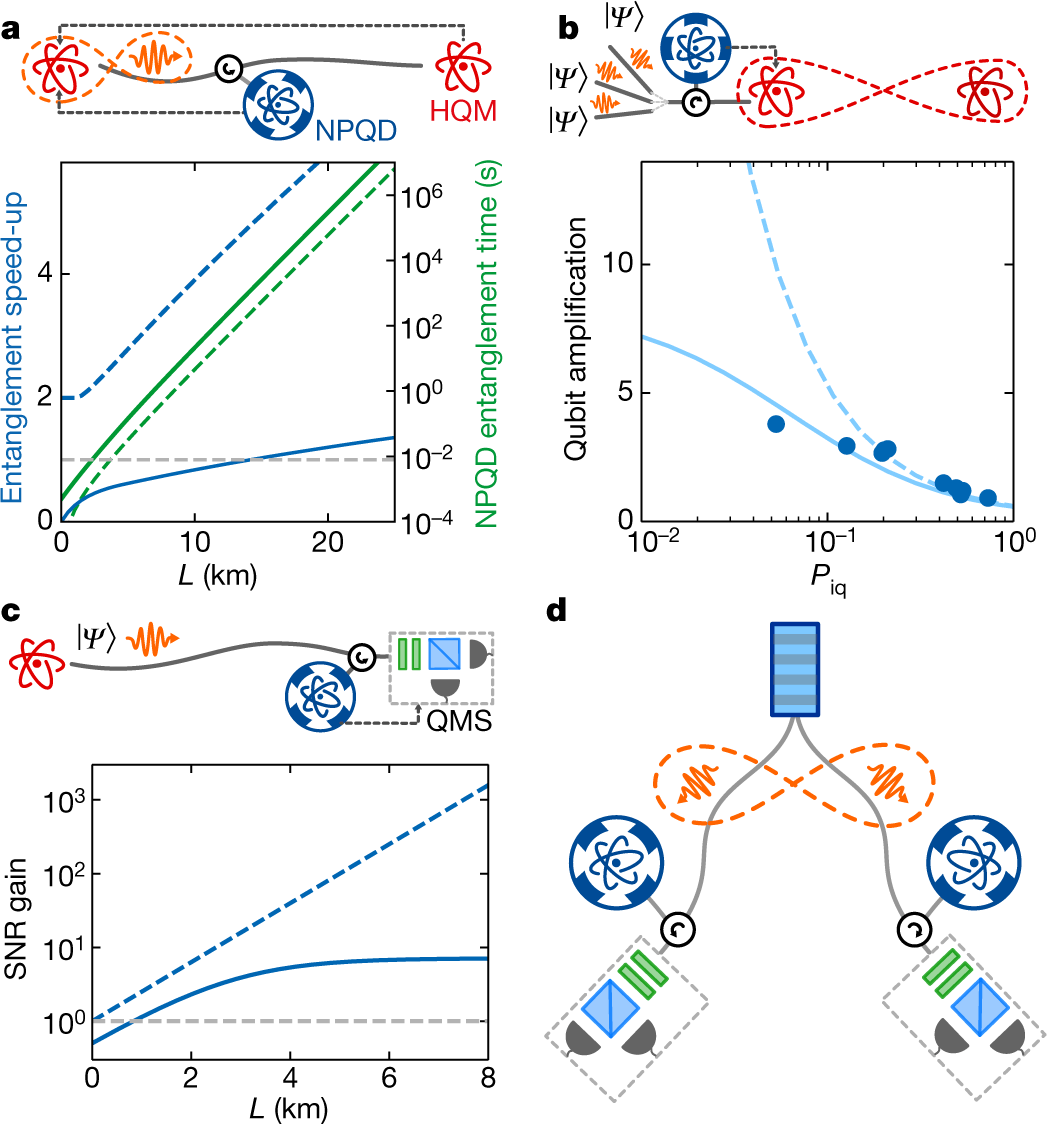Rigetti has announced the commercial availability of its 80-qubit quantum system, Aspen-M. The system is available today to the company’s direct and distribution customers through Rigetti Quantum Cloud Services (QCS). Rigetti also reported results of system speed tests run on Aspen-M.
Aspen-M is now available on Rigetti Quantum Cloud Services and will support a number of Rigetti collaborations taking place with both enterprise and public sector customers including Nasdaq, Deloitte, DARPA and the U.S. Department of Energy. Beginning today, Aspen-M will also be available to end users on Amazon Braket, marking the latest in a series of increasingly powerful Rigetti systems offered through the service since Amazon Braket’s launch in 2019. In addition, Rigetti expects the 80-qubit system to be available through Azure Quantum, Strangeworks QC™ and Zapata’s Orquestra™ platform in the coming months.
Circuit layer operations per second, or CLOPS, characterizes quantum processing speeds inclusive of gate speeds, reprogrammability, and co-processing capabilities, among other factors. Rigetti has customarily tracked gate speed as a key speed metric. CLOPS is designed to characterize how many circuits can run on a quantum computing system in a given unit of time. It leverages the quantum resources on a device to run a collection of circuits as fast as possible, while stressing all parts of the execution pipeline. CLOPS was initially developed and published by IBM in October 2021.
Rigetti reported today its results based on CLOPS for its most recent 40-qubit system, Aspen-11, and for its 80-qubit Aspen-M system. Conducting tests based on 100 shots, as set forth in the original published definition, the 40-qubit Aspen-11 system demonstrated a CLOPS of 844, while the 80-qubit Aspen-M system demonstrated a CLOPS of 892. These results suggest that current Rigetti systems perform as well or better on this CLOPS speed test as the number of qubits in the system increases. By comparison, IBM’s published CLOPS scores for systems with 5, 27, and 65 qubits were 1419, 951, and 753, respectively, as of the October 2021 publishing date.
To reflect what users can potentially expect in typical use cases, Rigetti also evaluated CLOPS using 1000 shots. In this case, Aspen-11 performed at 7512 CLOPS and Aspen-M performed at 8333 CLOPS, demonstrating that comparable or better system speed persists at both higher shot counts and higher qubit counts. These speed tests were conducted using the production Rigetti QCS environment.
CLOPS is calculated as M × K × S × D / time taken where: M = number of templates = 100; K = number of parameter updates = 10; S = number of shots = 100 (or 1000); and D = number of QV layers = log2 QV. To Rigetti’s knowledge, CLOPS as a speed test has not been investigated or verified by any independent third party. In addition, while Rigetti applied the above formula in testing the speed of Aspen-M and Aspen-11, there is no guarantee that Rigetti applied the test in the same way as IBM and, as a result, any variability in the application of the test as between Rigetti, IBM or others in the industry that may apply CLOPS in the future could render CLOPS scores incomparable and actual relative performance may materially differ from reported results.




